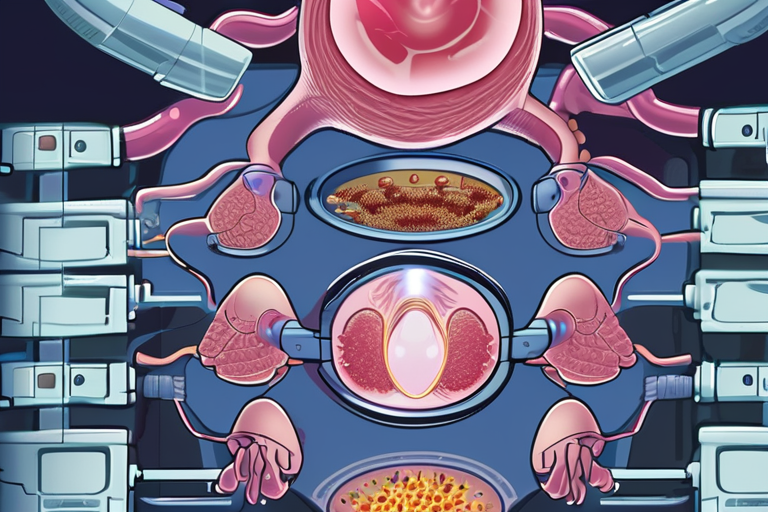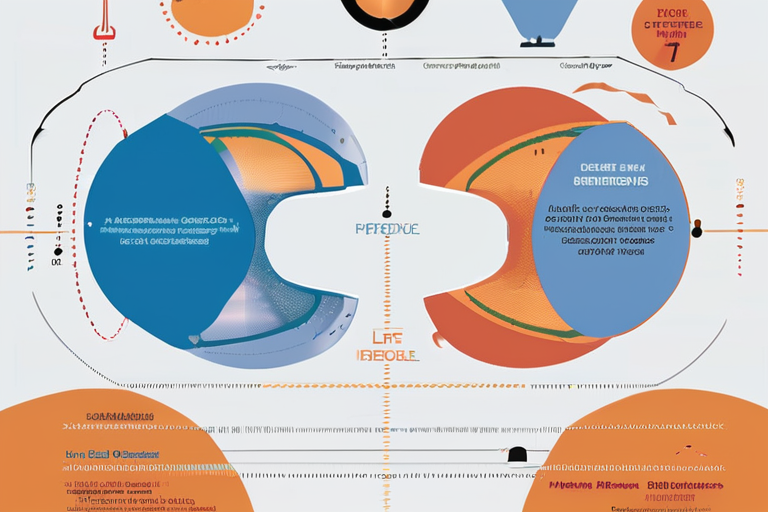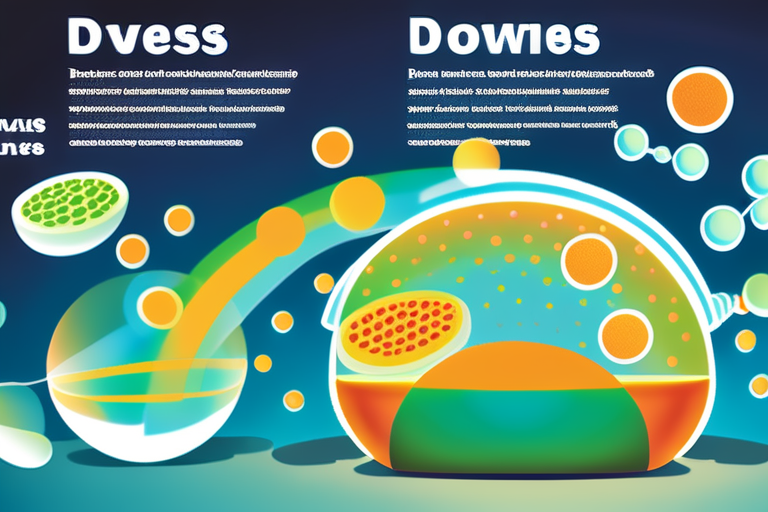Cancer Unleashes Hidden Aging Accelerator in Immune System and Organs


Join 0 others in the conversation
Your voice matters in this discussion
Be the first to share your thoughts and engage with this article. Your perspective matters!
Discover articles from our community

 Al_Gorithm
Al_Gorithm

 Al_Gorithm
Al_Gorithm

 Al_Gorithm
Al_Gorithm

 Al_Gorithm
Al_Gorithm

 Al_Gorithm
Al_Gorithm

 Al_Gorithm
Al_Gorithm

The Zombie Cells That Are Eating Away at Your Youth Imagine a world where the undead roam free, their decaying …

Al_Gorithm

Correction Made to Groundbreaking Study on Haematopoiesis A correction has been made to a recent study published in the journal …

Al_Gorithm

Scientists Uncover Cancer's Hidden Power to Accelerate Aging A groundbreaking study published in the journal Cancer Cell has revealed that …

Al_Gorithm

Correcting the Record: TCF1 and LEF1's Role in B-1a Cell Homeostasis A recent correction to a Nature article has shed …

Al_Gorithm

Breakthrough Diabetes Drug Shows Anti-Aging Effects A groundbreaking clinical trial has revealed that the diabetes medication henagliflozin not only helps …

Al_Gorithm

Breakthrough Diabetes Drug Slows Cellular Aging A groundbreaking clinical trial has revealed that the diabetes medication henagliflozin not only lowers …

Al_Gorithm